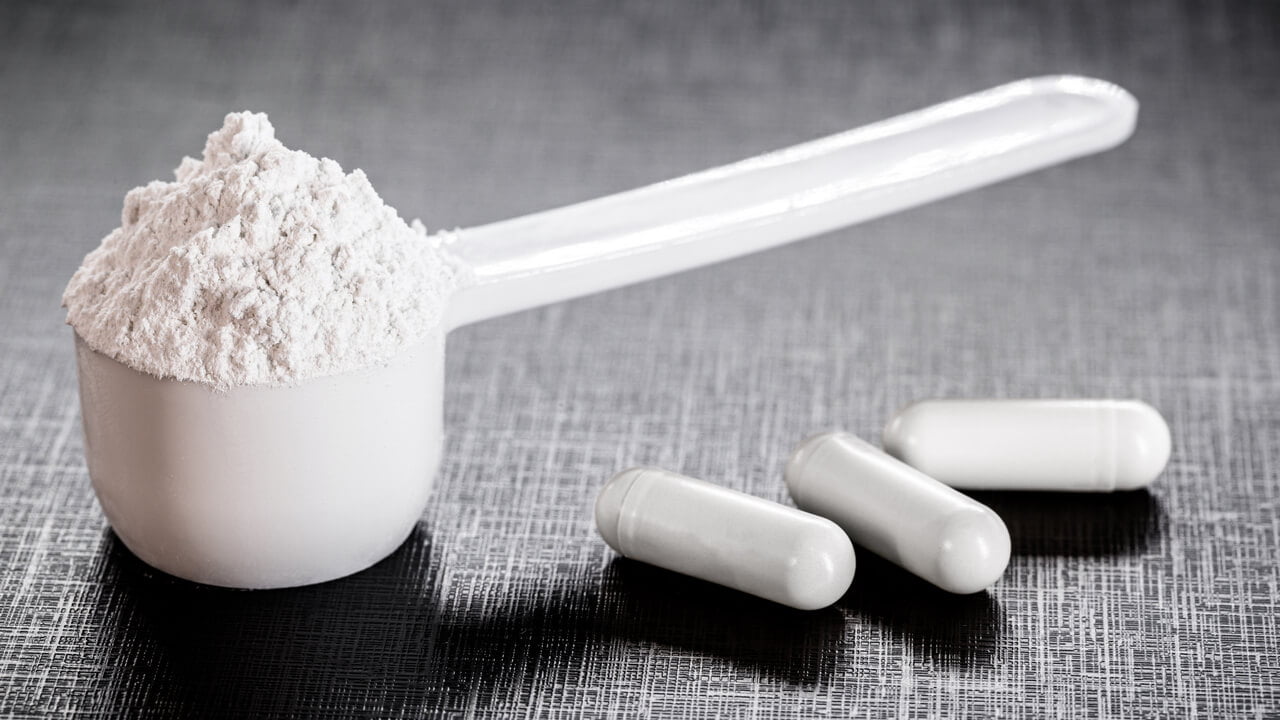
I have been heavily involved in the fitness industry for 30 years now, spending most of that time as a competitive bodybuilder, trainer, coach, and physique transformation specialist. I have also worked with many of the most prominent supplement companies, helping to research, formulate, and test hundreds of compounds and products meant to enhance performance, boost fat loss, augment muscle growth and increase overall health and wellness. Some of these products showed great promise based on scientific research but failed to live up to expectations in the “real world.”
Others developed cult followings (at least for a time) despite never impressing those that work in lab coats. However, only a handful of pills, potions, and powders have truly stood the test of time – becoming essential pieces in the supplement puzzle of top athletes and bodybuilders the world over almost 365 days a year. BCAAs is one of them.
This is how Wikipedia defines them: A branched-chain amino acid (BCAA) is an amino acid having aliphatic side chains with a branch (a central carbon atom bound to three or more carbon atoms). Among the proteinogenic amino acids, there are three BCAAs: leucine, isoleucine, and valine.
Wow, sounds pretty technical, huh? Yeah, but who cares, right? You want to know whether you should be using them or not! Keep reading…
While just about every high-level coach (to bodybuilders, pro and Olympic athletes) I have communicated with about BCAA supplementation has related to me that they are absolutely essential (and I agree) in just about every phase of training for elite athletes, there are still skeptics out there who insist that a high protein diet, rich in whey, is all that is needed. They fervently argue that consuming BCAA supplements will do nothing more than thin out your wallet. So, is it time to head to the cabinet and make some extra room by tossing out those canisters of BCAAs? Ummm – not so fast!
The vital difference between consuming foods high in BCAAs, such as meat, fish, chicken eggs, and, yes, even whey vs. pure supplemental BCAAs, is the time it takes them to enter the bloodstream and exert their positive effects. BCAAs found in whole proteins are peptide-bound to other amino acids. Therefore they need to be liberated via the digestive process before absorption which is not nearly as efficient for igniting anabolism, fat loss, and energy production at the specific times the body is primed for these processes.
The BCAAs found in supplements, however, are “free form”, and thus do not require digestion. Because of this, they rapidly enter the bloodstream and spike amino acid levels more quickly and to a greater extent than BCAAs from food and even whey.
Now, are you getting the picture?
When discussing BCAA supplements it is important to consider the “ratio” of leucine to isoleucine to valine contained within the formula. There have been a plethora of scientific studies performed on this subject; all attempting to determine what is most effective for triggering anabolism and enhancing muscle hypertrophy. It seems that the majority of the research points to a 2:1:1 (leucine/isoleucine/valine) as being the “gold standard.”
So, just how important are BCAAs for enhancing the appearance and health of your body? Let’s take a quick look at some of their most significant benefits.
There are three specific times per day I highly recommend the use of a BCAA supplement.
-When: Immediately upon awakening.
-Why: Since we get up in a fasted state, our muscles are becoming catabolic and literally starving for BCAAs.
-Dosage: 5-10 grams (you can go as high as 15 g if performing fasted cardio).
-When: 45 min before weight training.
-Why: To supply energy and support muscle tissue when undergoing intense stress.
-Dosage: 5-10 grams
-When: All throughout weight training workout.
-Why: To help delay fatigue and keep blood amino acid levels high throughout the workout, while additionally reducing (not stopping) the post-workout inflammatory response.
-Dosage: 5-10 grams
Note: When dieting on lower calories and carbohydrates, 5 grams of BCAAs can also be consumed in between meals to help maintain energy and blood sugar, while also keeping appetite under control.
da Luz CR1, Nicastro H, Zanchi NE, Chaves DF, Lancha AH Jr. Potential therapeutic effects of branched-chain amino acids supplementation on resistance exercise-based muscle damage in humans. J Int Soc Sports Nutr. 2011 Dec 14;8:23. doi: 10.1186/1550-2783-8-23.
Zhenyukh, Olha; Civantos, Esther; Ruiz-Ortega, Marta; Sánchez, Maria Soledad; Vázquez, Clotilde; Peiró, Concepción; Egido, Jesús; Mas, Sebastián. High concentration of branched-chain amino acids promotes oxidative stress, inflammation and migration of human peripheral blood mononuclear cells via mTORC1 activation. Free radical biology & medicine, ISSN: 1873-4596, Vol: 104, Page: 165-177
Gualano AB1, Bozza T, Lopes De Campos P, Roschel H, Dos Santos Costa A, Luiz Marquezi M, Benatti F, Herbert Lancha Junior A. Branched-chain amino acids supplementation enhances exercise capacity and lipid oxidation during endurance exercise after muscle glycogen depletion. J Sports Med Phys Fitness. 2011 Mar;51(1):82-8.
Zheng L, Wei H, He P, et al. Effects of Supplementation of Branched-Chain Amino Acids to Reduced-Protein Diet on Skeletal Muscle Protein Synthesis and Degradation in the Fed and Fasted States in a Piglet Model. Nutrients. 2017;9(1):17. doi:10.3390/nu9010017.
Carwyn P. M. Sharp, David R. Pearson. Amino acid supplements and recovery from high-intensity resistance training. J Strength Cond Res. 2010 Apr; 24(4): 1125–1130. doi: 10.1519/JSC.0b013e3181c7c655